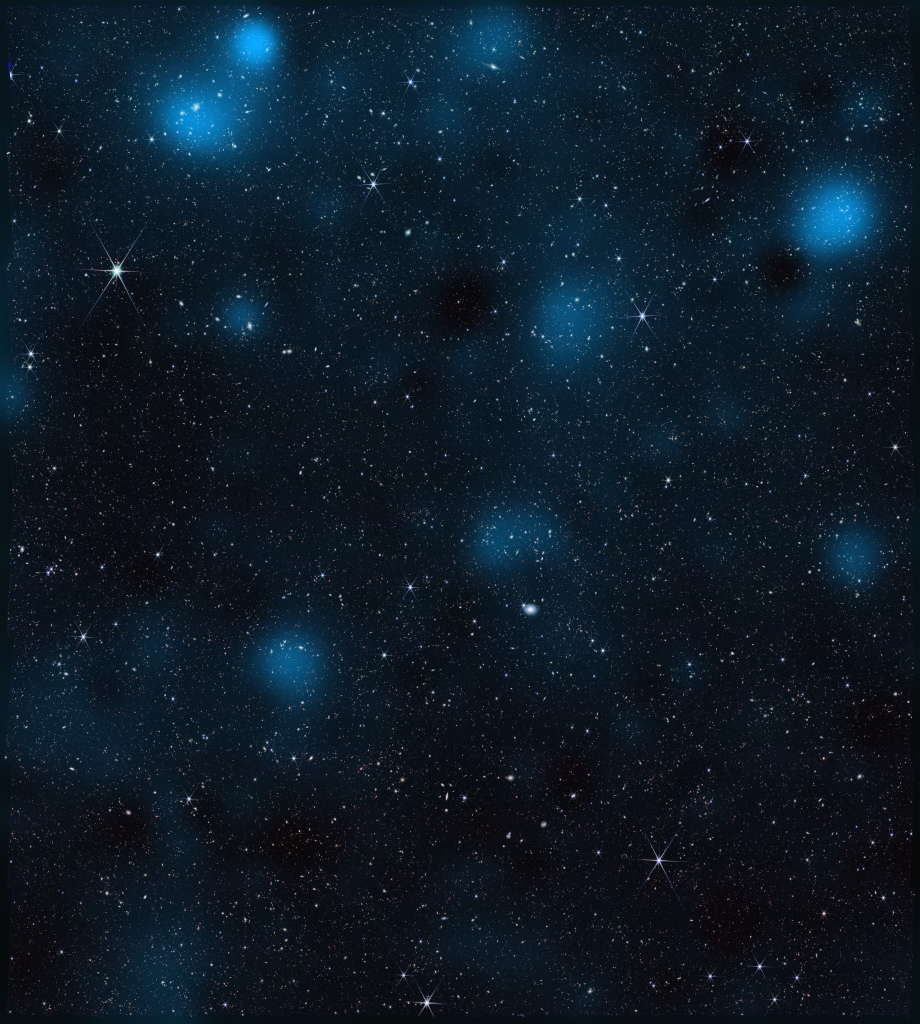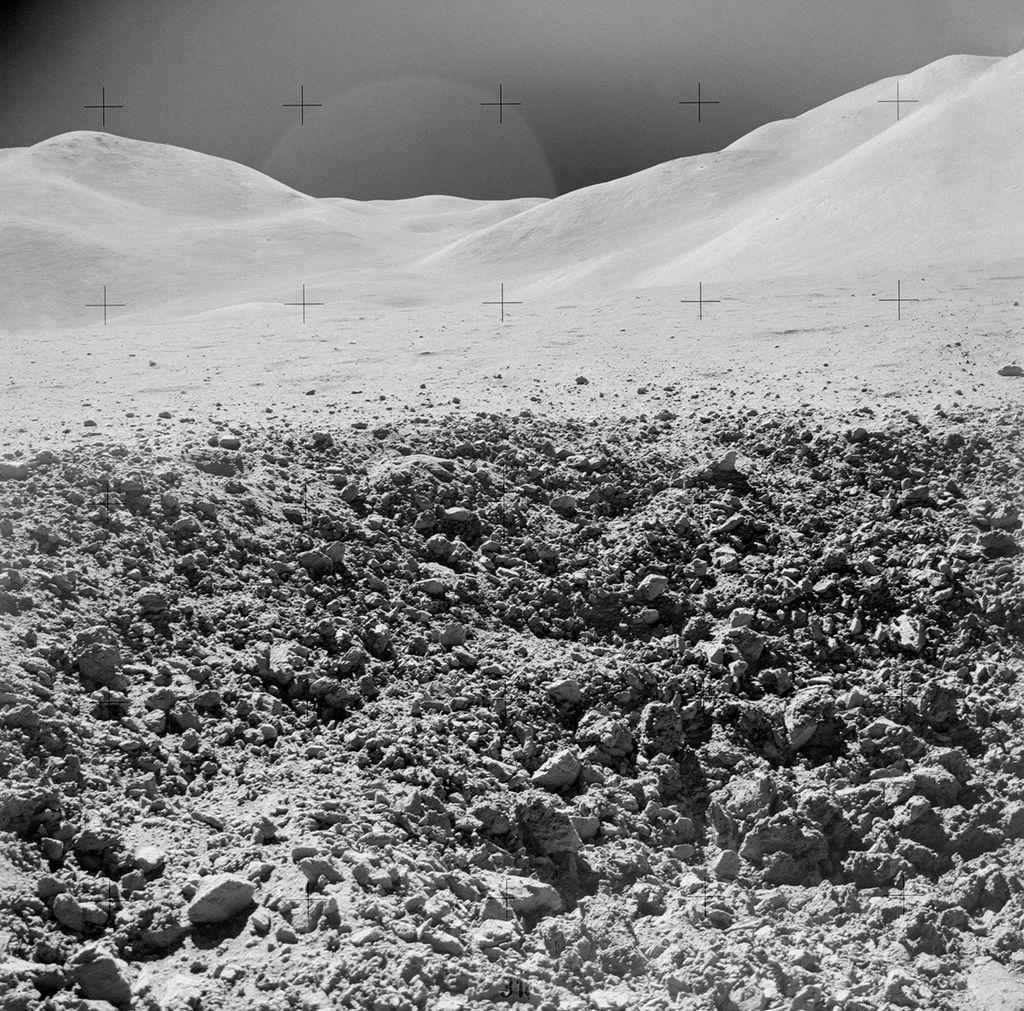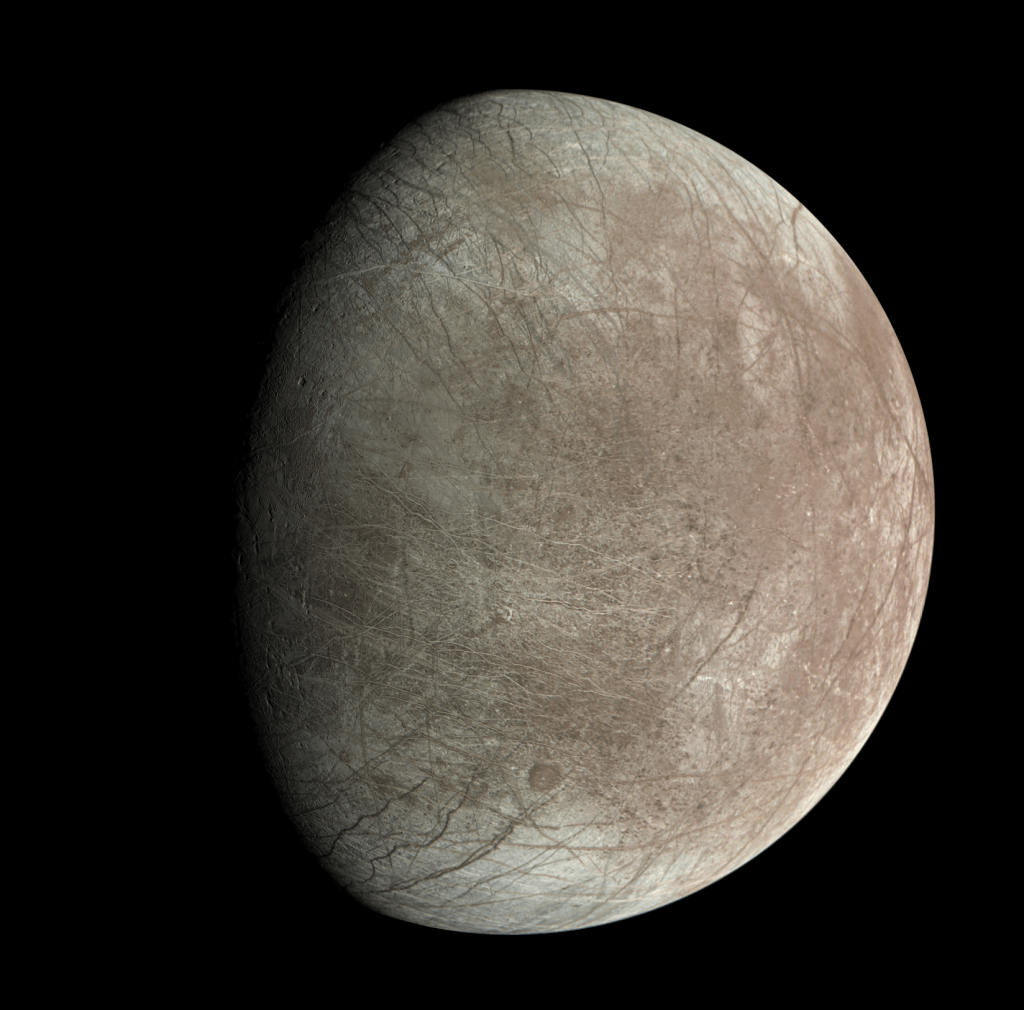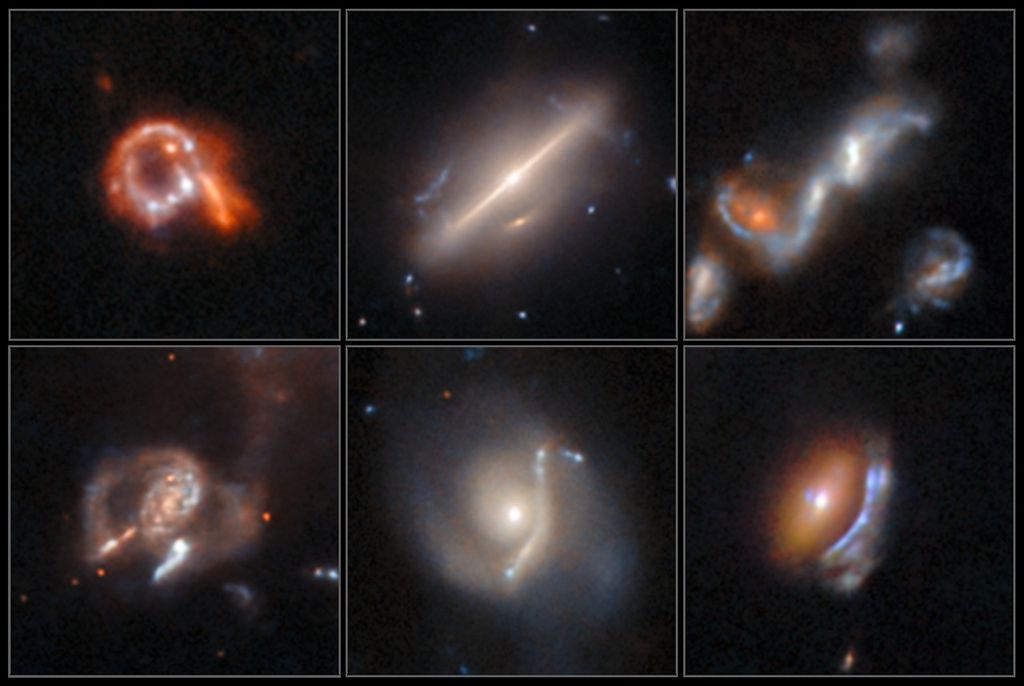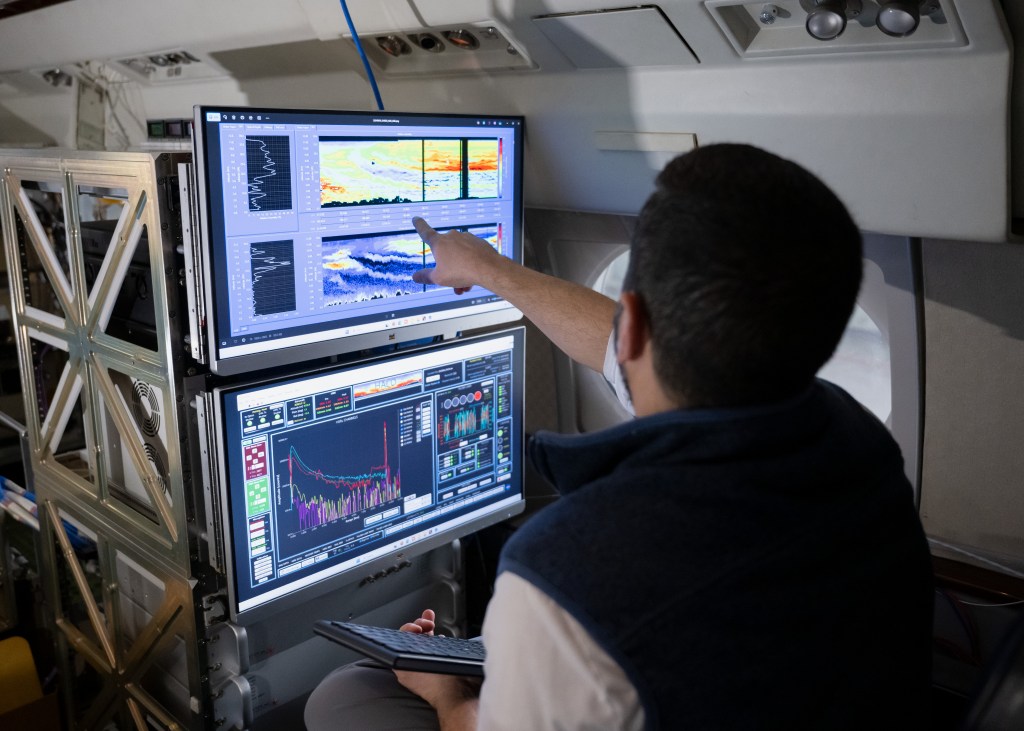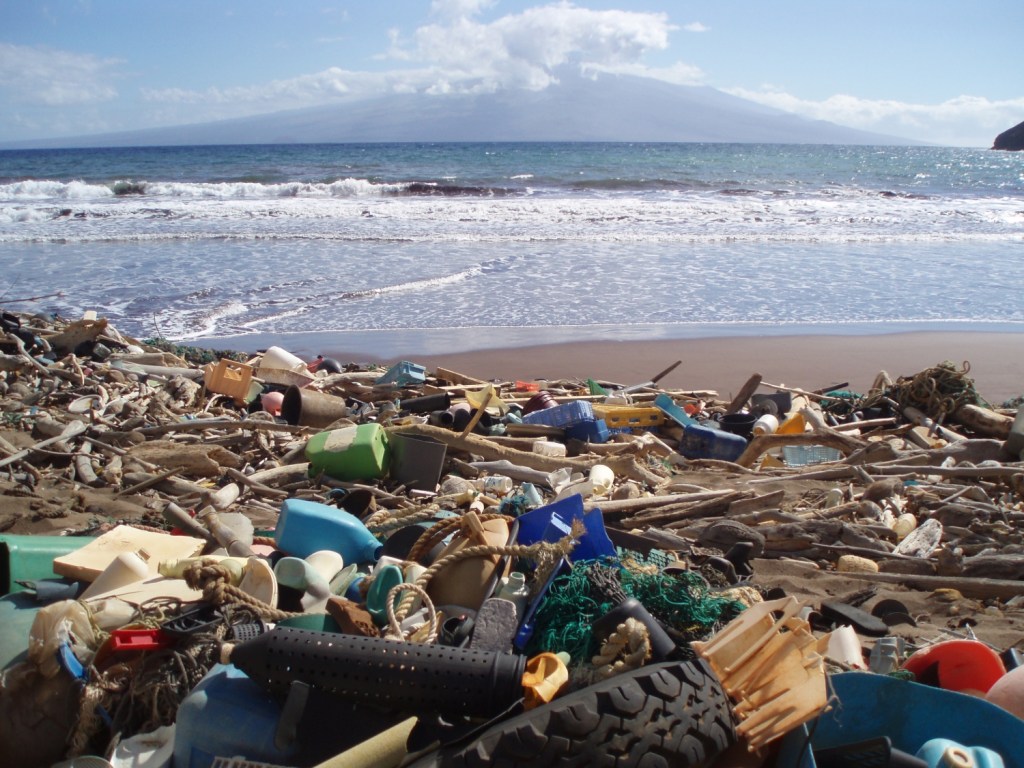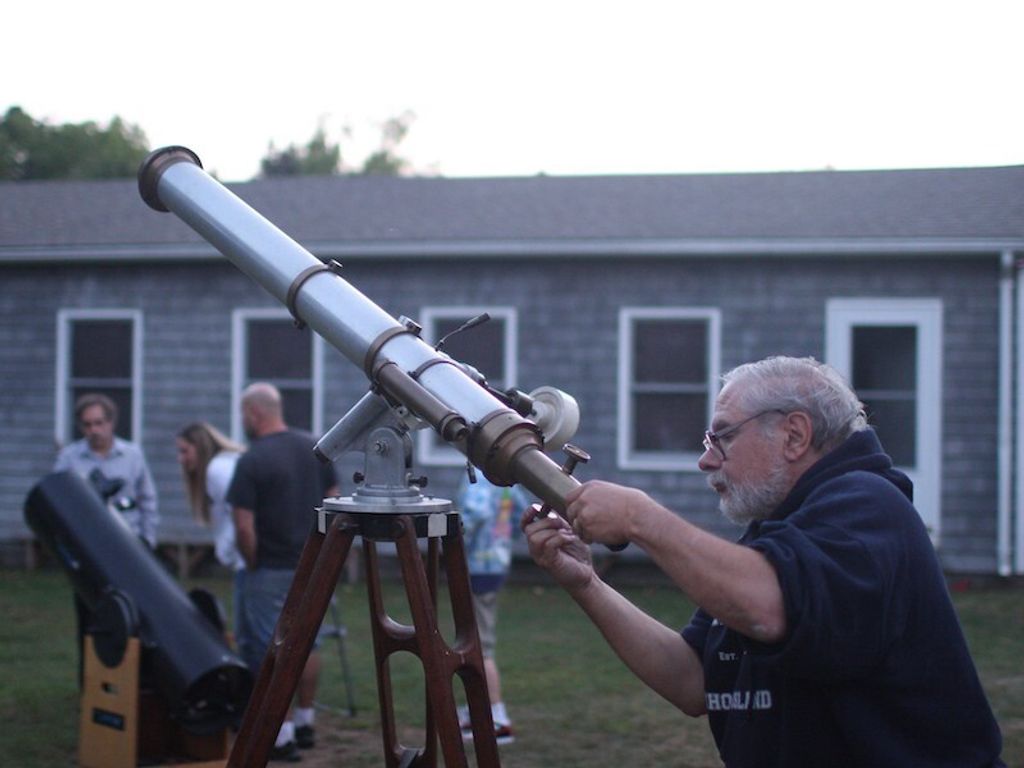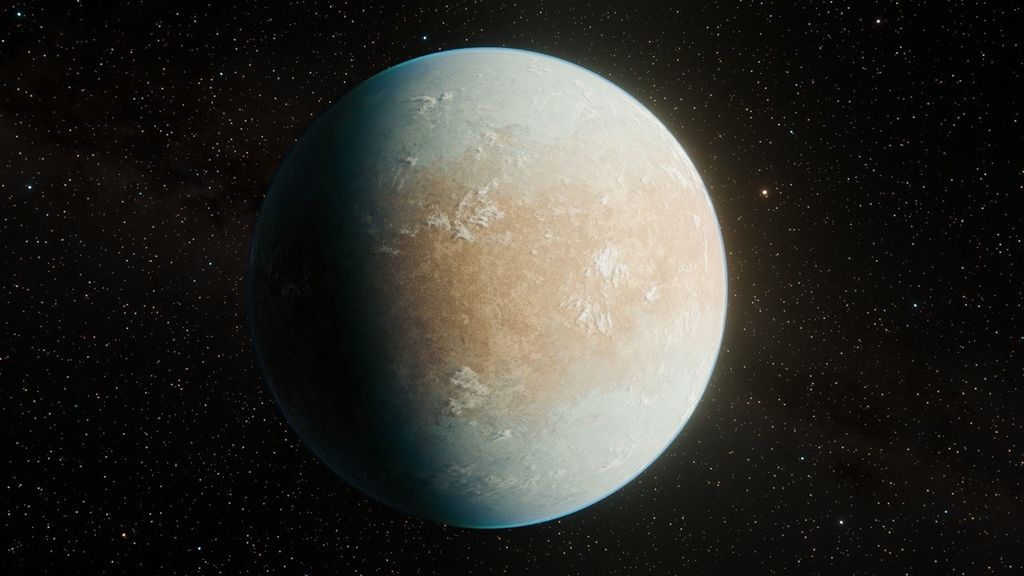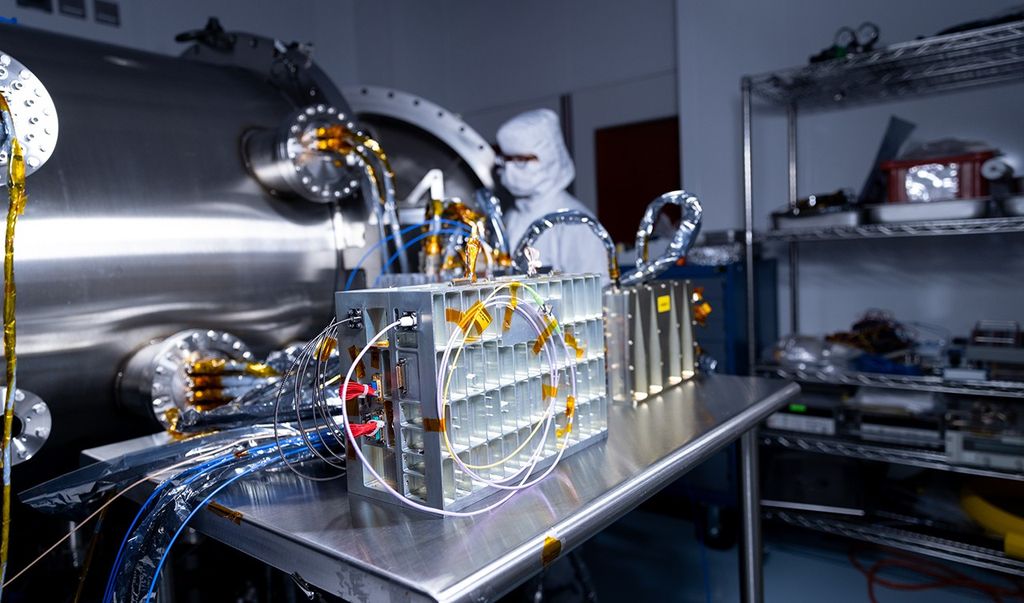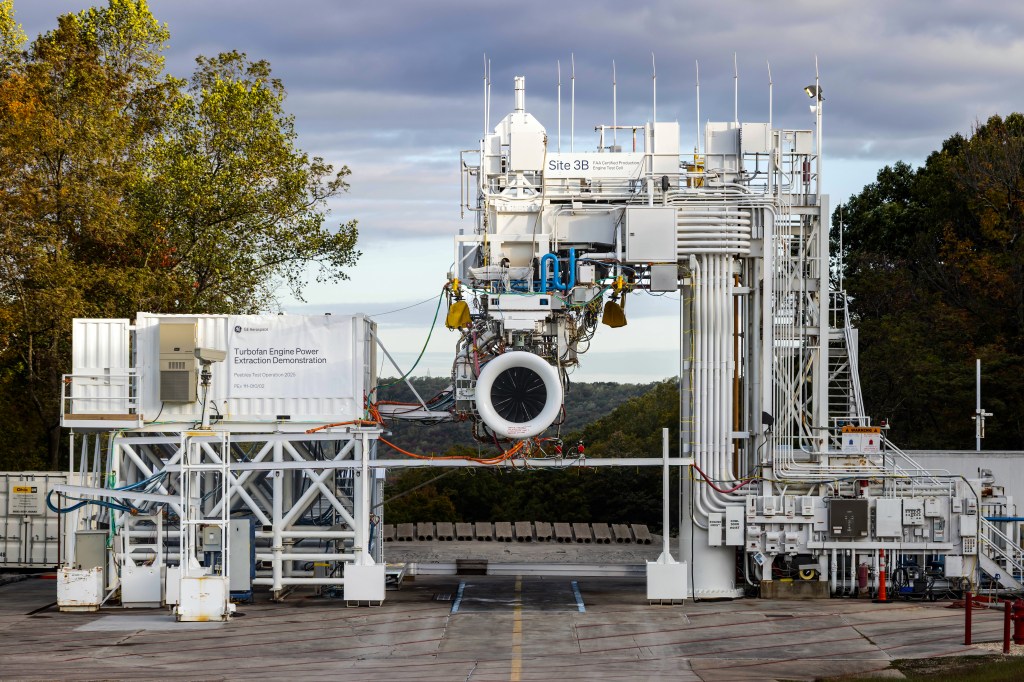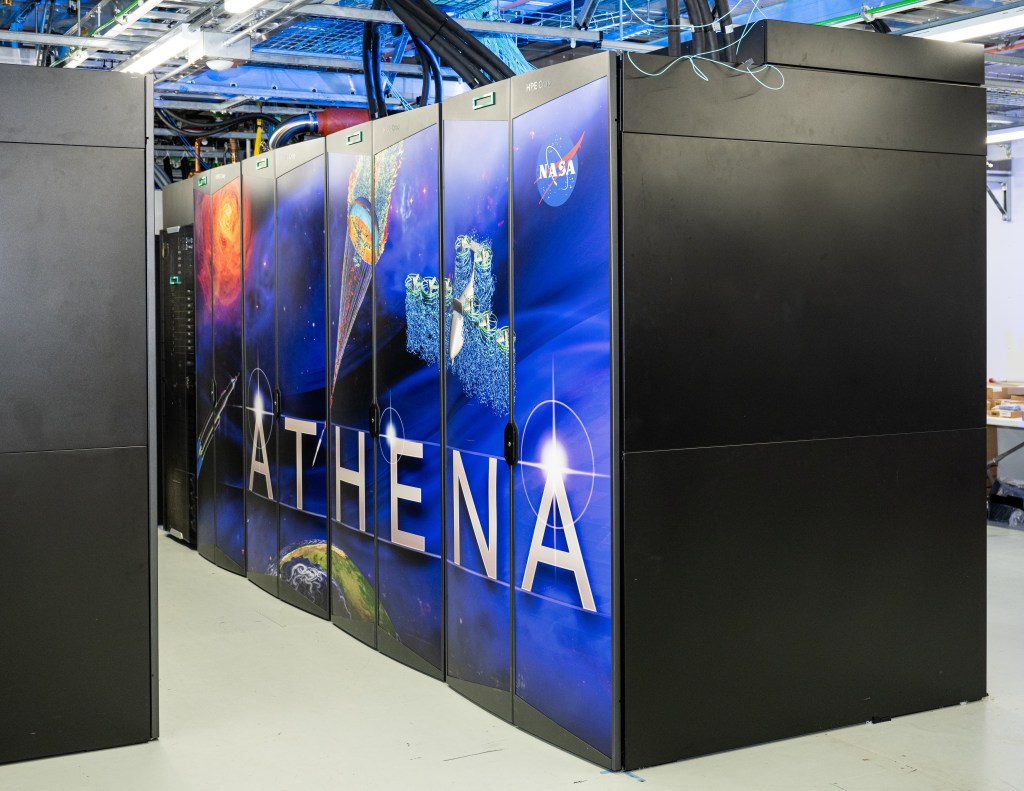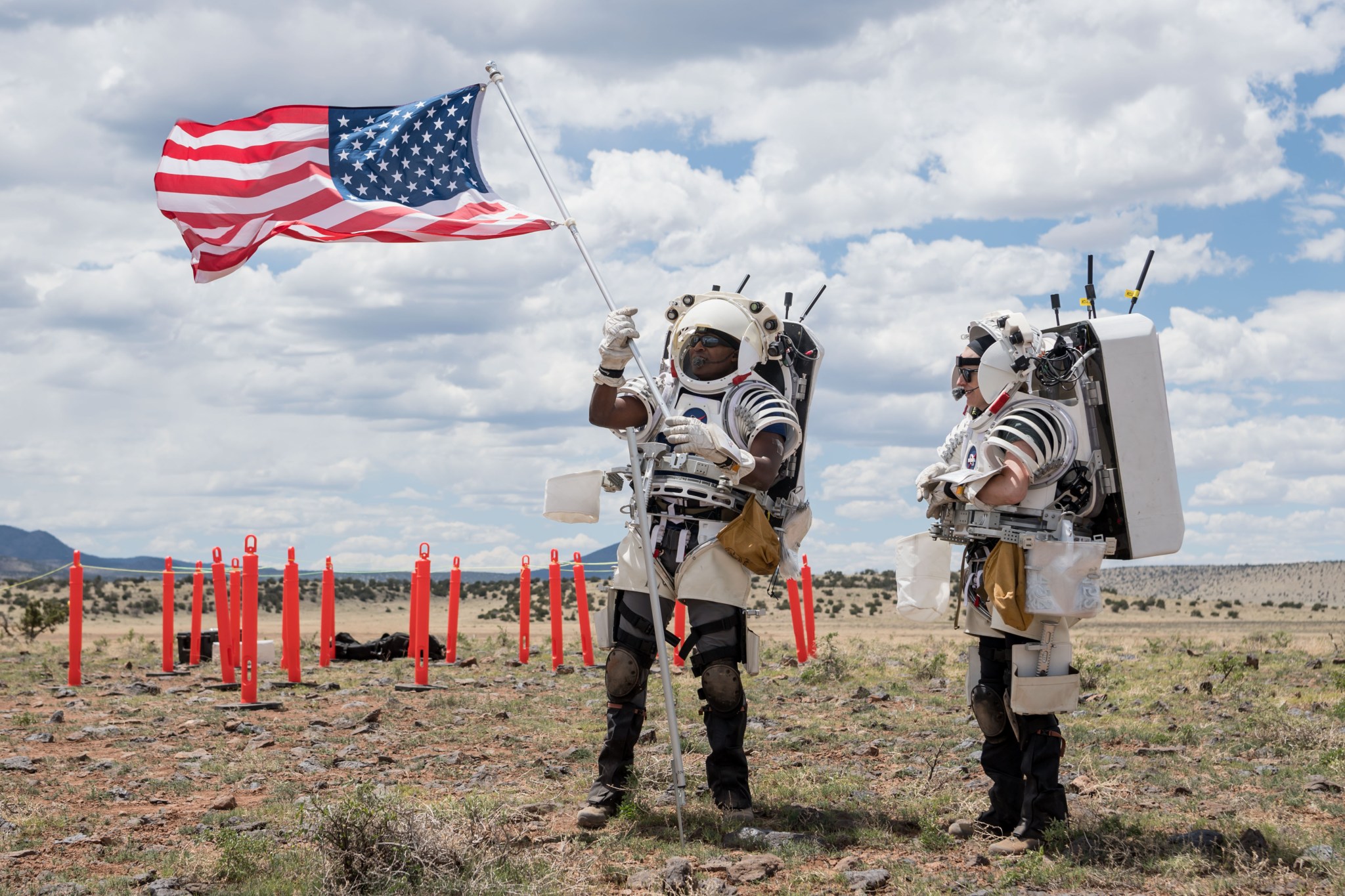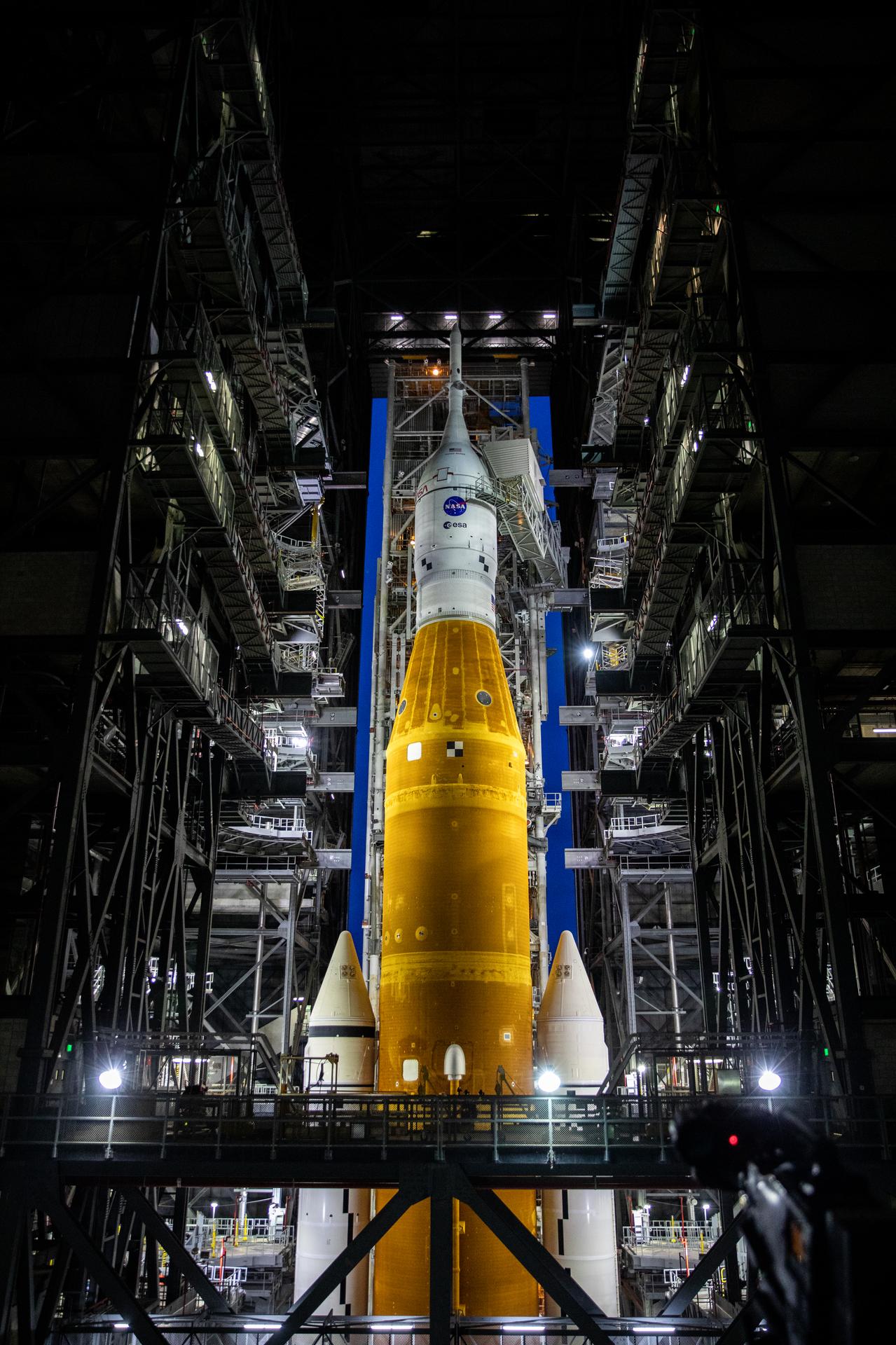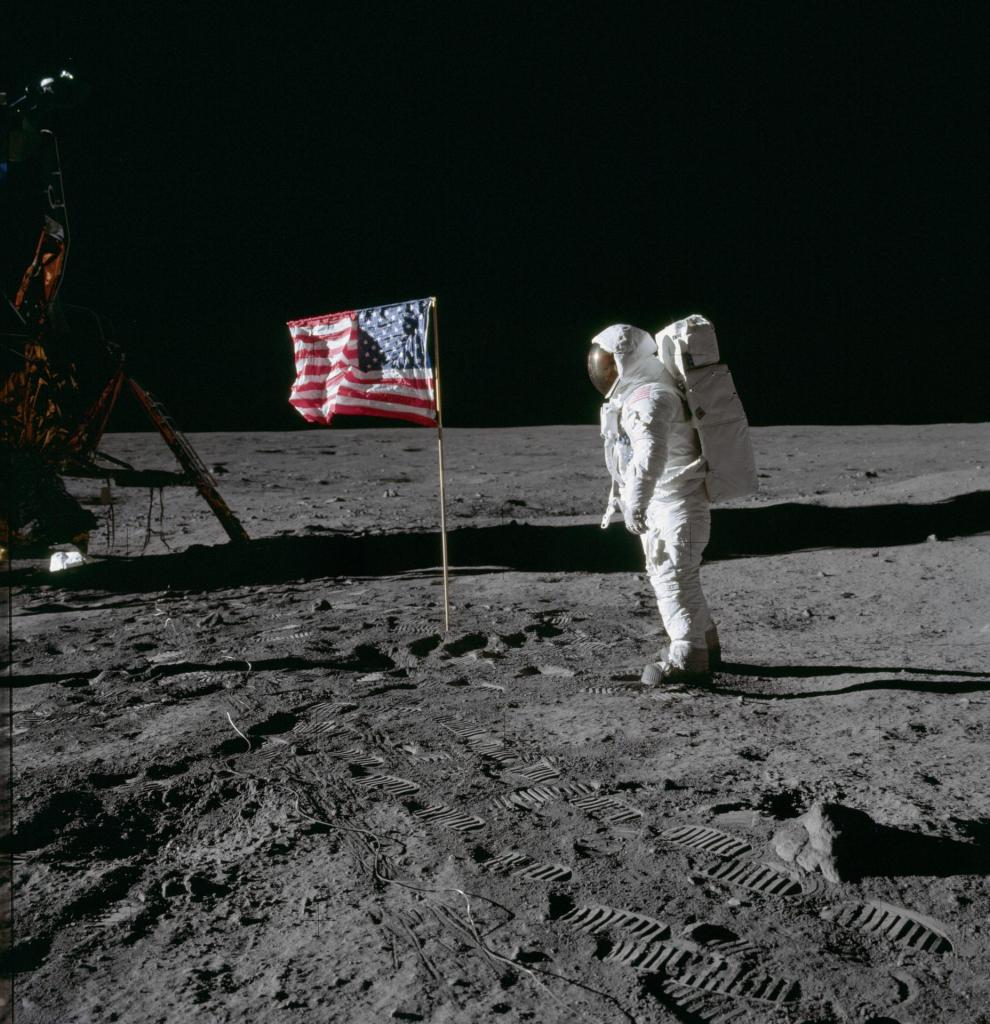As a learning organization, NASA maintains robust lessons learned systems to share experiences that can benefit the work of others. We use insights gained from program and project events to continuously improve our training, best practices, policies, and procedures.
Lessons Learned Lifecycle
NASA identified four lessons learned lifecycle elements to provide clarity in understanding practices across the agency and help to identify areas where teams need greater support. Lessons may conceptually move across these elements in a non-linear fashion.
- Collect: In the collect phase, lessons learned are identified by individuals or teams. Lessons learned may be collected in a variety of ways, including pause and learn sessions, individual write-ups, or formal or informal team discussions.
- Record: In the record phase, lessons are documented and captured. NASA’s principal mechanism for collecting and sharing lessons learned from agency programs and projects is an online database called the Lessons Learned Information System (LLIS). Depending on their nature and scope, the lessons may also be recorded in local repositories, reports and publications, case studies and/or via video capture and other means.
- Disseminate: In the disseminate phase, lessons that have been documented are shared with others who can benefit from this knowledge. LLIS publication is one mode of dissemination. Others include courses and webinars, presentations, briefings and other knowledge sharing forums, the Spotlight on Lessons Learned article series, community of practice discussions, and general communications notices.
- Apply: In the apply phase, lessons are integrated in NASA practice. This is a crucial step to ensuring that lessons are infused throughout agency activities. Lessons are applied through a variety of methods, including updates to processes, checklists, handbooks, and formal policy.
NASA’s Public Lessons Learned Information System:
NASA Lessons Learned Information System (LLIS)
NASA’s principal mechanism for collecting and sharing lessons learned from agency programs and projects is an online database called the Lessons Learned Information System (LLIS). Depending on their nature and scope, the lessons may also be recorded in local repositories, reports and publications, case studies and/or via video capture and other means.

